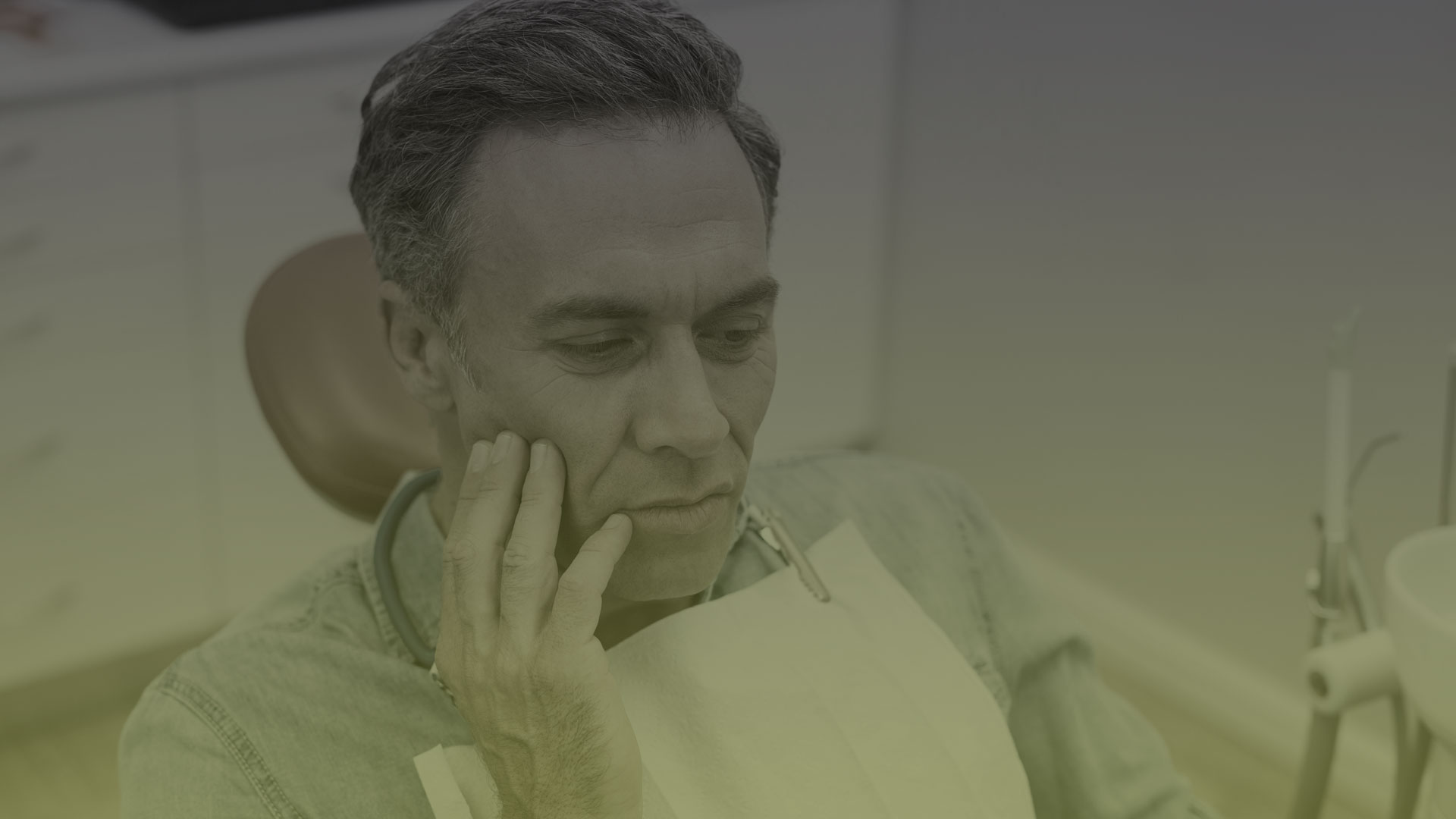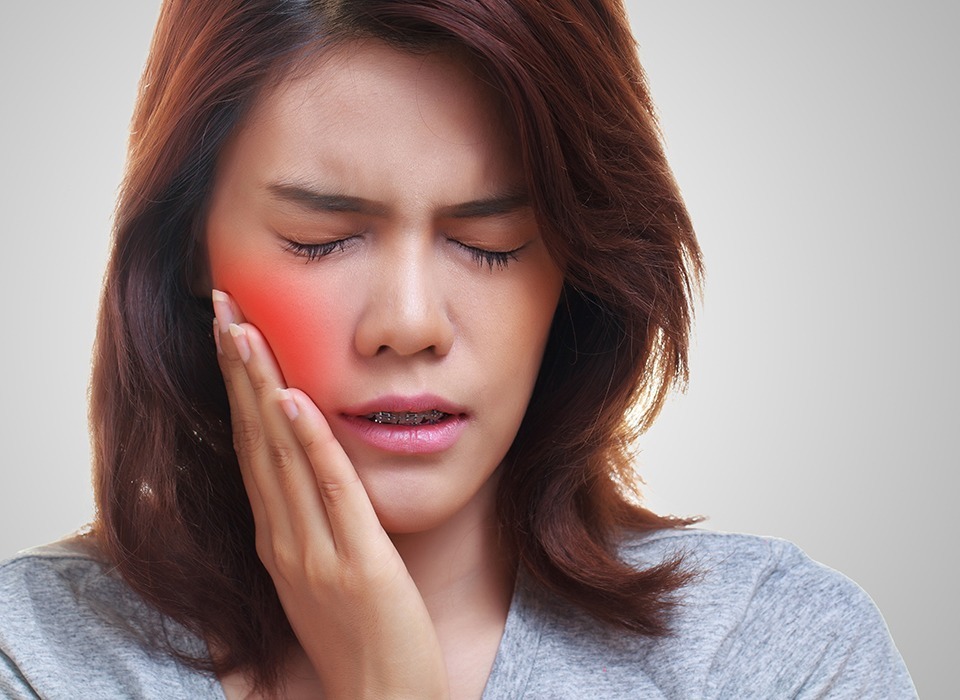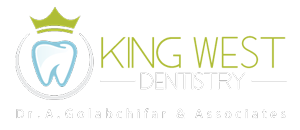
TMJ Treatment
TMJ, commonly referred to as temporomandibular joint, connects the jaw to the skull, by means of the temporal bones which are found in front of the ears. It acts as like a hinge that allows the jaw to open and close, move up and down or side to side as you perform simple activities like eating, chewing and talking. If the joint or related facial muscles have an issue, one is said to have a temporomandibular disorder or TMD. At times people refer to this condition as TMJ.
What causes TMD?
There is no particular cause of TMD. There are a lot of theories for the causes of this disorder. Some dentists believe that TMD can be caused by issues related to the jaw muscle or other defective parts of the joint itself. Other reasons that could contribute to TMD include:
- Bad habits such as grinding or clenching teeth
- Stress and anxiety which often makes people tighten their jaw or clench their teeth
- A physical injury such as a heavy blow on the neck or head can also damage the joint
- Arthritis in the TMJ
- When the disc between the ball and the socket of the TMJ moves


Signs of TMD
Many people can live for years without ever realizing that they have TMD. It's only when they begin to experience pain and discomfort that they seek medical attention only to realize that the condition has worsened over the years. This disease is common among individuals ages 20 to 40 years. Women are also more prone to TMD than men. The disorder can affect one side of the face or both.
Common symptoms of TMD:
- Pain and tenderness especially in the neck, shoulders, and jaw joint
- Difficulty in talking, chewing or opening the mouth
- Clicking or popping sounds coming from the jaw when one opens or closes the mouth. The sound could be accompanied by pain.
- Difficulty opening the mouth widely
- A feeling of fatigue especially on the facial muscles
- The jaw feels stuck in one position such as when the mouth is open or closed
- Swelling especially on the side of the face
- Toothaches and headaches
- Dizziness
- Pain in the upper shoulders
- Hearing difficulties
How TMD is treated:
The symptoms of TMD may subside in the absence of any kind of treatment. However, there are many patients who experience symptoms that don't go away unless they seek any of the following treatment options:
- Physical therapy: Taking exercises that strengthen and stretch the jaw muscles can help ease the pain associated with TMD.
- Counseling: If the disorder is caused by stress and anxiety, going for counseling can help. Stress can contribute to habits like teeth grinding, teeth clenching and biting of fingernails.
- Bite guards/oral splints: These are dental devices which are worn over the teeth and could help patients relieve the pain of TMD. They offer a non-invasive option of dealing with this disorder.
- Medical procedures: This is often considered as the last resort. Medications can be in the form of injections into the jaw muscles to help minimize the pain when chewing. In severe cases, the dentist or doctor may recommend surgery to repair or replace the damaged joint.
- Medications: There are several medications that can be used to provide pain relief for TMD sufferers. They include:
- Pain killers: Over the counter pain relievers can be used as an effective treatment for TMD symptoms.
- Sedatives: Patients who are prone to night-time clenching can experience severe pain at night. The doctor may prescribe a sedative to prevent the patient from grinding or clenching at night.
- Muscle relaxers: These are medications used for a few days to weeks in order to alleviate TMB pain.
- Tricyclic antidepressants: Although they're often used to treat depression, this medication is also ideal in providing pain relief.
